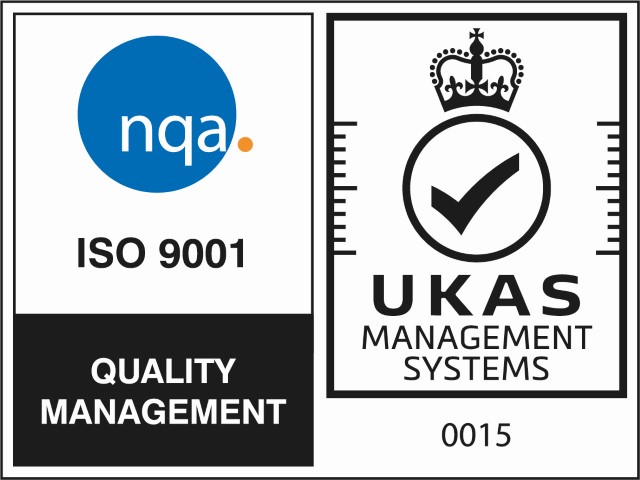Solar panels use photovoltaic cells to harness the sun’s energy and convert it into electricity. Although it may appear that installing solar panels in the UK may not be that effective due to our distinct lack of sun, if solar panels are used efficiently, the average home could generate 50-60% of the power needed to supply its electricity through solar electricity.
Solar panels are becoming an increasingly attractive option for many homeowners and even business owners in the UK. This is because solar panels are environmentally friendly, are a cost-effective solution to energy consumption at home and in the business offices and establishments, can offer a secure return on investment, and require little maintenance. This article details some of the reasons why you should install solar panels so you too can reap the benefits.
1. Solar Panels Are Environmentally Friendly
Firstly, solar panels are incredibly environmentally friendly as they use only the natural renewable energy of the sun to generate electricity. Unlike non-renewable fossil fuels like coal and oil, solar is clean and does not produce greenhouse gases, carbon dioxide or harmful pollutants.
2. Solar Panels Can Help You Save Money
Solar panels also help you to save money. After the initial installation cost of £5000 – £8000, which is getting cheaper (the price of installing panels has decreased by 70% in recent years), solar energy is free to use, as sunlight is free. You will save money on energy bills as you will use less from your supplier as solar energy could cover all if not most of your full energy needs.
What’s more, solar energy can protect you against rising energy bills. Energy bills are always getting more expensive, but with solar energy, you will be independent of rising energy prices. As a result, you could save £70 per year by converting to solar as you can use your own free solar power and will need less from the grid.
3. Solar Panels Can Help You Make Money
Not only can solar panels help you save money, they can help you to make money. Due to the government’s feed-in tariff, you get paid for all of the electricity you generate. You will get paid 4.11p/kWh tax-free over 20 years and could earn an extra £150 per year.
Solar panels will also increase your property’s value should you choose to sell, and make mortgage providers more likely to lend. You can also sell back the electricity you don’t use to the grid through the export tariff, which pays 4.91p/kWh, earning you approximately £85 per year. Solar panels guarantee a future return.
4. Solar Panels Are Low Maintenance
Additionally, there is no maintenance required for solar panels. You will most likely need one professional check per year to ensure that they are still working efficiently, but they are long lasting with little upkeep.
You simply need to ensure their surface is clean and they’re not overshadowed by trees. You will need to replace the inverter after 20 years which costs about £800, but solar panels will last 20+ years with little maintenance required.
Consult a Structural Engineer Before Installing Solar Panels
Before installing solar panels onto your home, you must contact a structural engineer to determine whether your roof can support the new load.
-
- You do not need planning permission, but you need to ensure that:
- The panels are not installed above the ridgeline and project no more than 200mm from the roof or walls.
- If your property is listed, you will require an application for listed building consent.
- Make sure the solar panels are not sited so not to tarnish the overall appearance of the building.
- When no longer needed for microgeneration, the solar panels should be removed.
It is clear that solar panels are a highly attractive option for many homeowners due to a number of reasons. They are environmentally friendly, help you save money on your energy costs, help you make money long term, and there is little maintenance required, you just need to regularly inspect the panels, wirings, inverter, etc. for any damages. If you do decide to install solar panels, consult a structural engineer first and you can reap the benefits of solar energy for many years to come.











